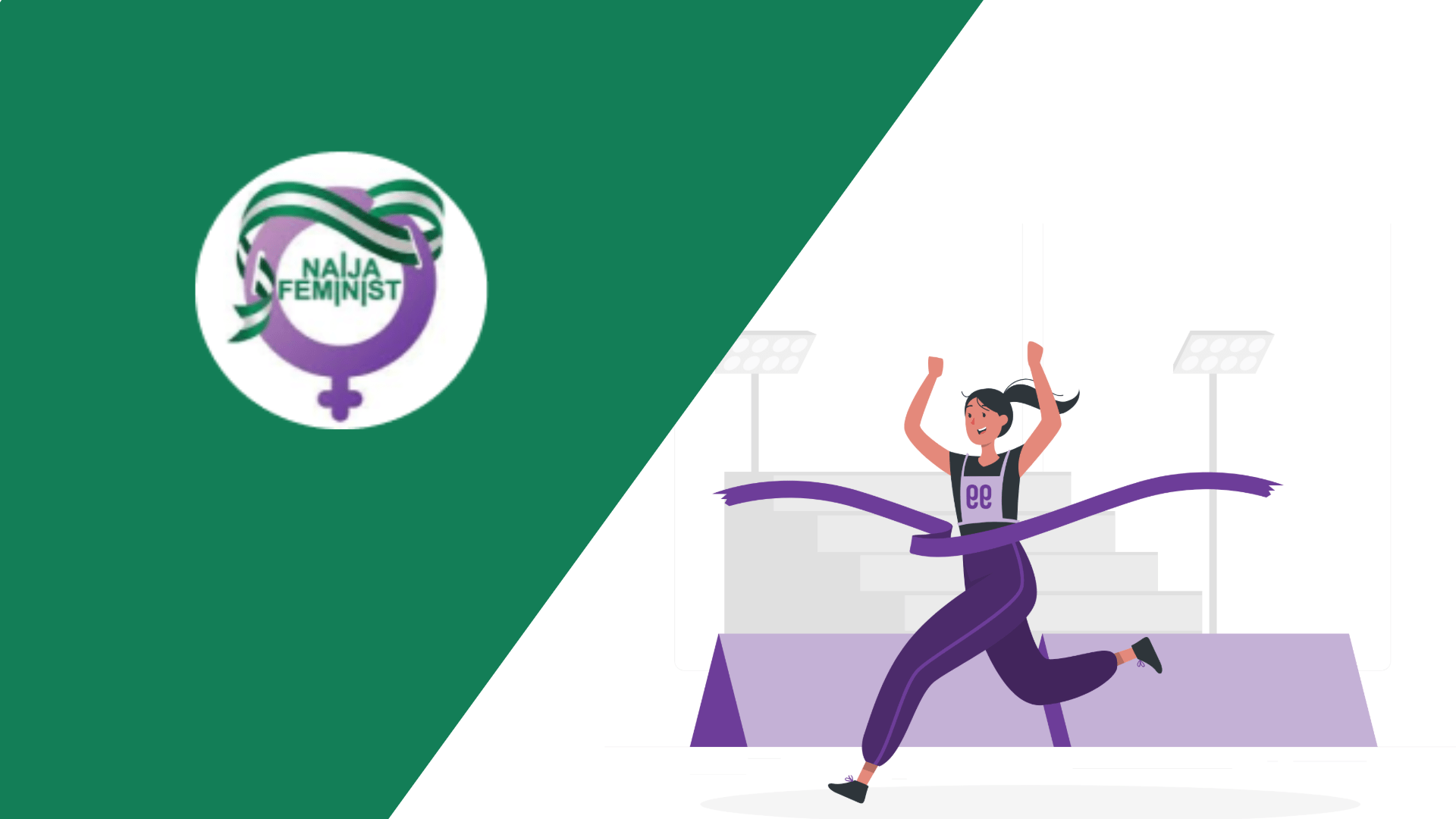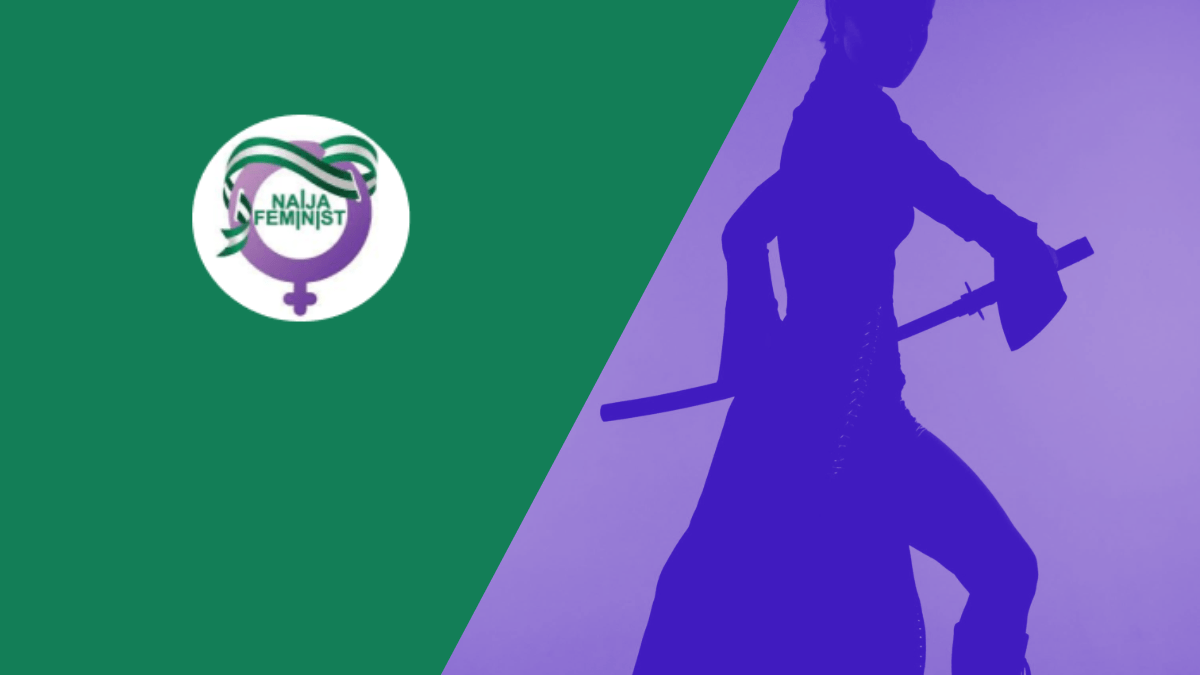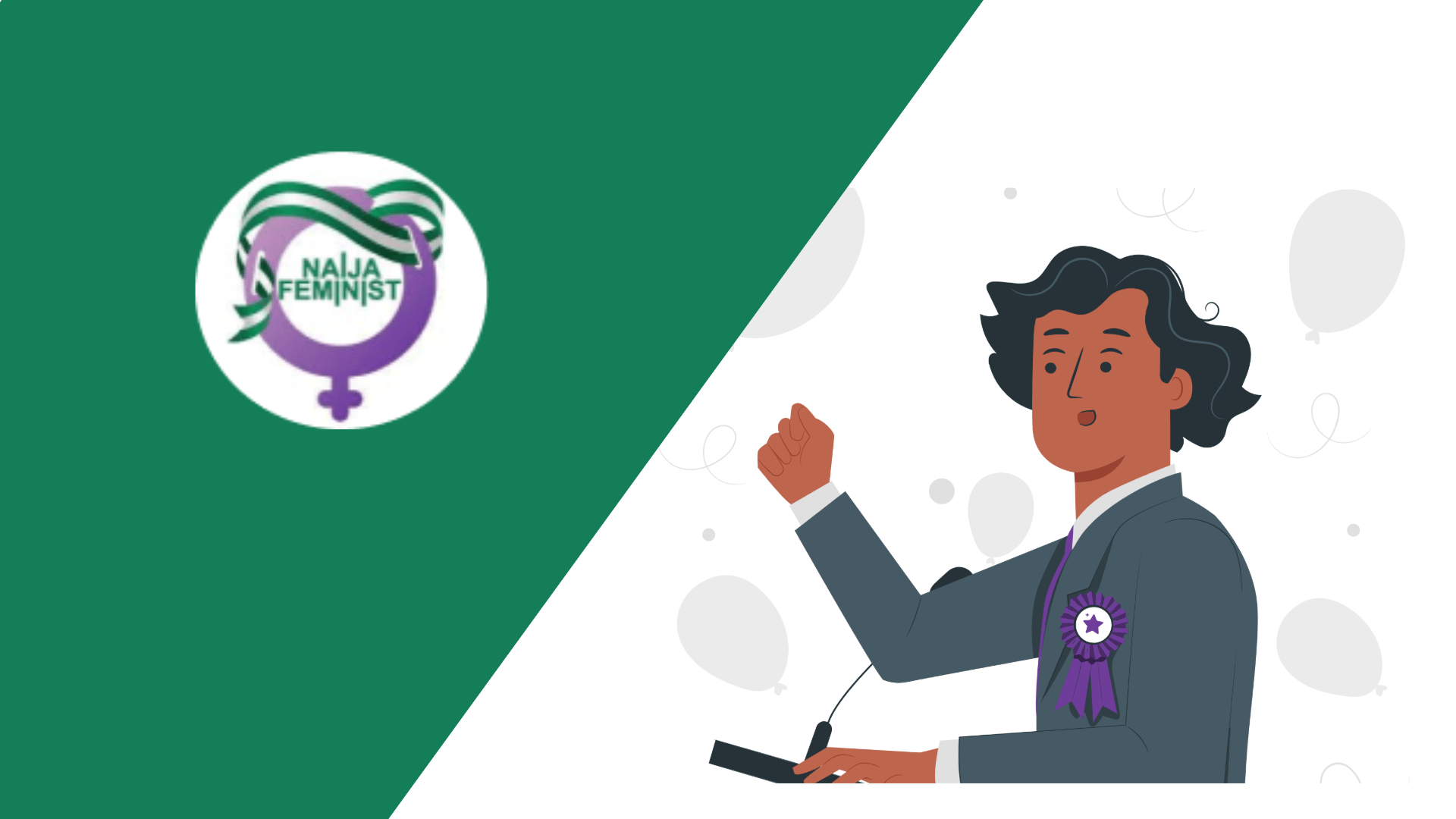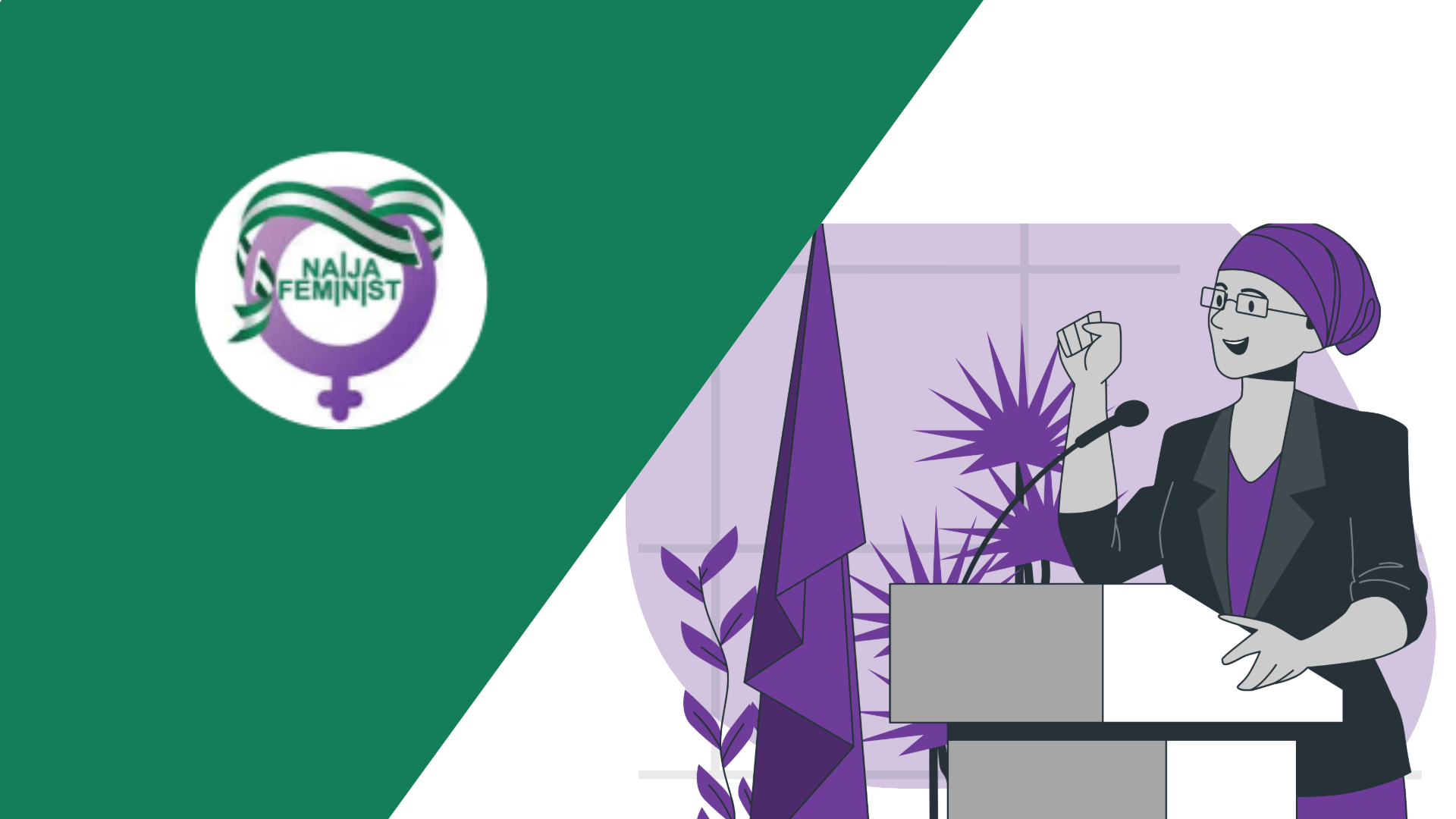newsletter
Fight against VAPP Act repeal, help safeguard the rights of women
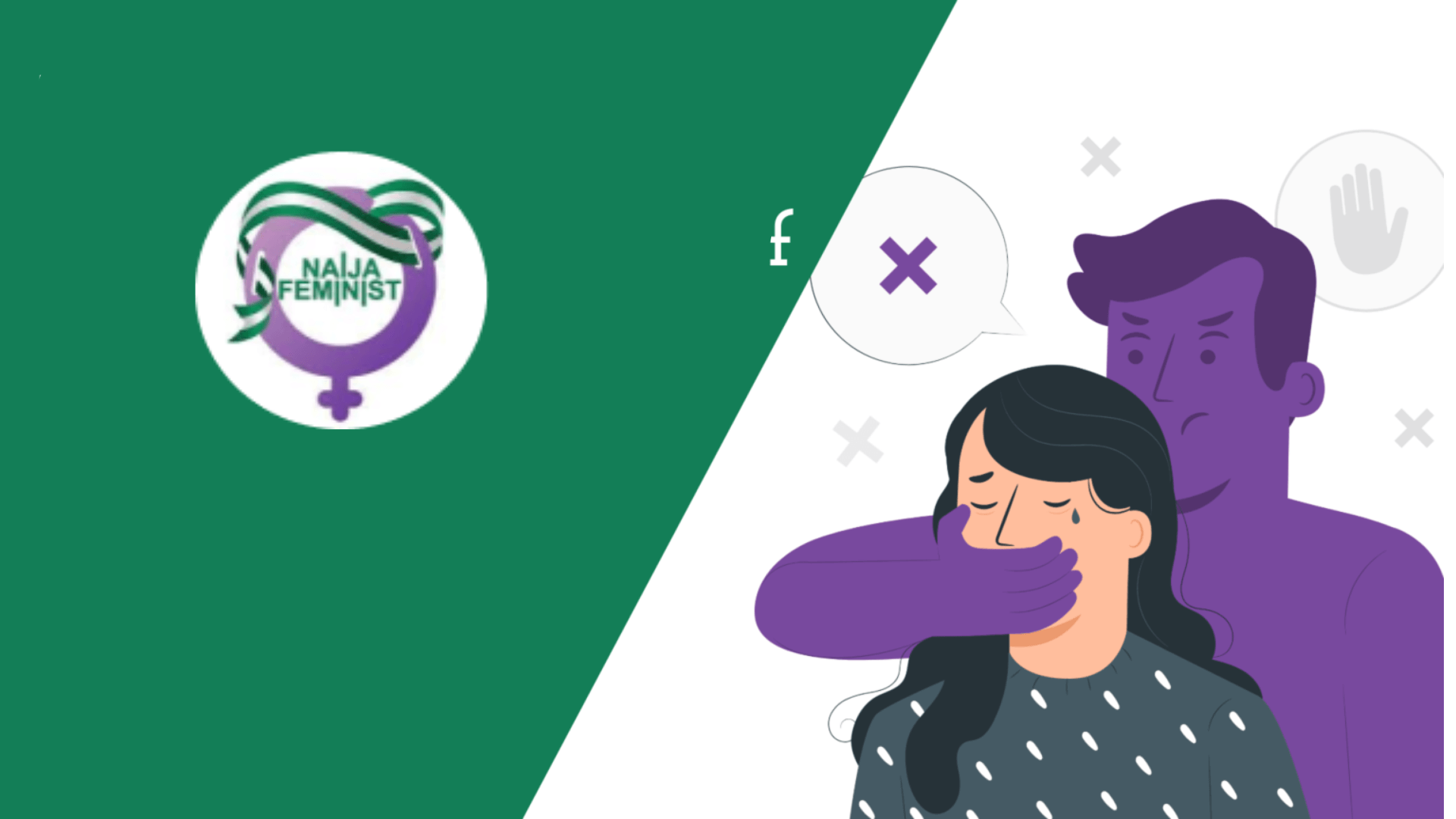
|
Getting your Trinity Audio player ready...
|
| Hello friend, Why would anyone want to eliminate a policy that protects people against maiming, rape, forced economic dependence, and other injustices? These questions linger as Senator Jibrin Isahseeks to annul the Violence Against Persons Prohibition (VAPP) Act. This law protects women and girls from sex-based discrimination and injustice. The legislation was enacted in 2015 by the Goodluck Jonathan administration, and as of recently, only 19 of Nigeria’s 36 states have domesticated the law. However, as women’s rights advocates continue to fight for other Nigerian states to adopt the law, Senator Isah of Kogi State district is working against the tide to have it annulled completely. Some of Senator Isah’s reasons in the repeal bill he presented to the Senate are that the fine prescribed to violators of the law is “unrealistic” given the current economic state and that sexual consent needs to be distinguished in the law. Whilst Senator Isah seeks to annul the VAPP Act and the Senate is currently undertaking a second reading of his bill, studies show that somewhere in the world, every four minutes, a man rapes a woman. Also, one in three Nigerian women experience physical, sexual or intimate-partner violence, are victims of trafficking, or are subject to violent social norms. Help Nigerian women today. Join your voice in speaking against the repeal of the VAPP Act, which safeguards the rights of women and girls. Participate in Naija Feminist Media’s challenge starting Monday, August 26, by sharing your photos or videos with supportive messages and hashtags #StopTheRepeal and #ProtectTheVAPPAct. Also, sign our petition for the domestication of the VAPP Act, share your testimonies as survivors, email Senator Isah, and write to the Senate to recall the senator. With love, strength, and glitter,The Naija Feminists Community |
 Selling Sex: How Prostitution is a Barrier to Women’s Liberation By: Simbiat Bakare The history of prostitution stems from the need of bourgeois men to access the bodies of proletarian women. The misogynistic practice has, however, been sustained over decades through socio-cultural phenomena. Many sex buyers and liberal women often portray prostitution as an empowering act and advocate for decriminalisation. Most pro-sex trade activists argue that prostitution allows women to earn good and easy money with little to no negative consequences. However, this couldn’t be farther from the truth. Sierra Leone is one of the countries where prostitution is legalised, with 240,000 women in the country engaging in the sex trade, according to the United Nations Programme on HIV/AIDS. In a BBC documentary released on Feb. 8, 2021, Lady P and other prostitutes in the country shared their ordeals. Lady P recounted how one of their friends, a prostitute, was brutally murdered: “They cut her body and feet.” In one study, the estimated death rate of women in prostitution is 40 times higher than the general population. Moreover, while many pro-sex trade activists attempt to portray prostitution as liberating, the evidence of its dehumanising effects can be seen on Nigerian Twitter, where men, primarily the buyers of sex, do not respect the women they trade with. They regularly trend the word ‘Olosho’ and sometimes ‘Ashawo’ as a form of slur for women in the sex trade industry and women they dislike in general. Prostitution also conflicts with consent culture. For sexual consent to be valid, it must be freely given, reversible, informed and enthusiastic. As such, consent does not exist in prostitution because the entire concept involves women having sex for money, whether enthusiastically or not.Continue to read on why prostitution is not empowering and, on the contrary, is a barrier to women’s liberation. |
 On August 21, 2024, Stand To End Rape launched a scorecard report on Sexual and Gender-Based Violence (SGBV), with Naija Feminists Media present at the virtual event. The report themed ‘Measuring State-Level Mechanisms for Prevention and Response in Nigeria.’ aids policymakers in understanding strengths and weaknesses in SGBV prevention and response, and enabling data-driven interventions. |
 |
 Self-defence skills are crucial for Women’s Rights Defenders. TechHer is training women this August in Abuja. Register quickly. SAHR Gender Justice Accelerator is offering a 12-month mentorship programme for civil rights leaders. The programme helps women’s rights advocates gain skills to contribute to sexual and gender-based violence law and policymaking. Registration is open till mid-September.The Gender Summit is coming soon as the PIC plans to host a conversation on Reimagining Gender-Inclusive Pathways and Partnerships for Poverty Reduction. Learn how to attend.Volunteer positions as Accountant and Content Writer are available at Naija Feminists Media. Mail: naijafeminists@gmail.com to apply. |
 |


